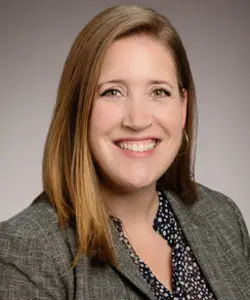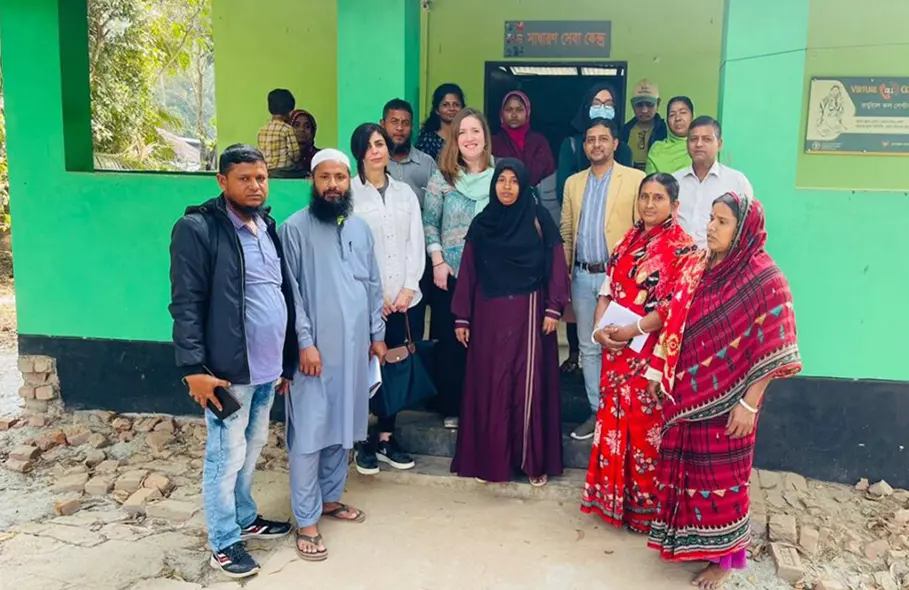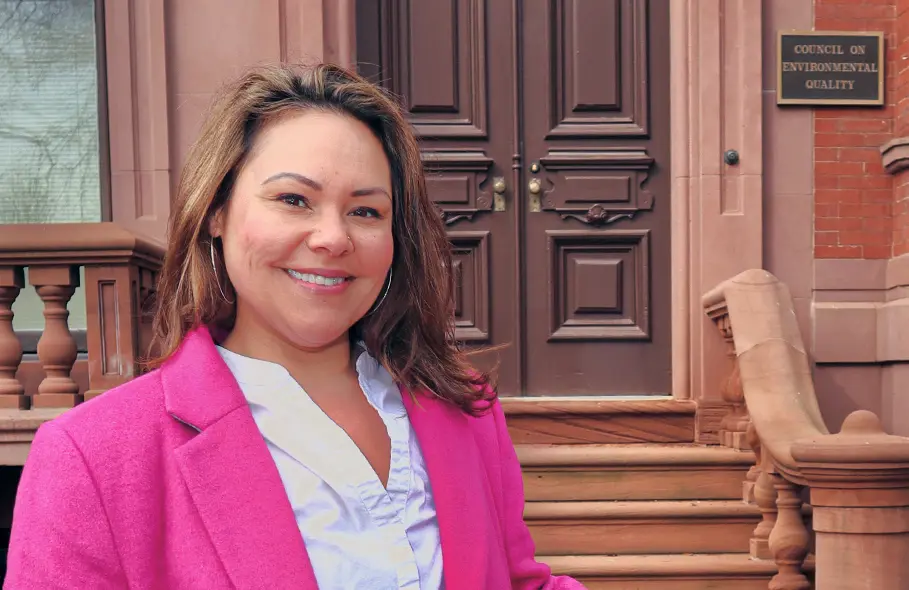Summer Conference Series Shines Light on Climate Change, Racism, Justice, and Education
by Tom Hanlon / Jun 13, 2023

A new conference and workshop series focusing on the link between the climate crisis and institutional racism—and how sustainability education can advance equity and justice in research and public education—begins on June 22.
On Thursday, June 22, the first conference of the Sustainability Education Collective Conference Series will be held on the University of Illinois Urbana-Champaign campus and online via Zoom.
The June 22 event, the first in the series of three, is titled “Environmental Justice in the United States: Sustainability Education and Social Movements in the U.S.”
The remaining two conferences of the series, likewise hosted on campus and online, will be held on August 17 (“Sustainability Education, the Global South, and Social Justice”) and on September 15 (“Resisting Climate Change and Injustice with Sustainability Education in Colleges of Education”).

The organizers of the conference series are Samantha Lindgren, assistant professor in the College of Education’s Education Policy, Organization and Leadership Department (EPOL); Jon Hale, associate professor in EPOL and in the Curriculum & Instruction Department (C&I); and Luis Rodriguez, associate director for education and outreach for the Institute for Sustainability, Energy, and Environment and associate professor in Illinois’ Grainger College of Engineering.
Climate Change and Institutional Racism
“We’re really excited to kick off this series,” Lindgren says. “We’re going to be exploring the link between the climate change and institutional racism and look at how education connects local issues to global environmental changes. Attendees will be hearing from a number of experts in a related field who will add value and expand what we think of as being sustainable education.”
In terms of the link between climate change and racism, Lindgren notes that the field of environmental and sustainability education is expanding to not only look at the mechanisms of climate change but how the impacts of that change are not evenly distributed.
“For instance, the most vulnerable communities around the world are already experiencing the impacts of climate change, while those of us who are wealthy by comparison don’t experience the same effects because we’re able to afford ways to mitigate it,” she says. “Many low- and middle-income countries around the world are dealing with loss of land and severe drought, and in the US, communities of color are the ones that bear the greatest burden because of issues of housing discrimination and quality, and because more communities of color exist in urban places which experience heat islands effects.”
Advancing Equity through Sustainability Education
This series will engage a diverse community of sustainability education researchers, educators, nongovernmental organization experts, and learners in identifying solutions to the current crises across multiple scales and methodologies.
“It’s really a hybrid conference and workshop series that focuses on how sustainability education can advance equity and justice in research and public education,” Lindgren says. “The conferences will be a mix of hearing from experts, taking part in discussions, and listening to some really engaging and powerful keynote speakers.”
Conference participants will take part in structured discussions on topics such as using geographic information systems to incorporate maps into curricula from K-college and how colleges of education can become more focused on, and a part of, climate change solutions.
The keynote speaker for the June 22 event is Dr. Carolyn Finney, a prolific author, educator, and speaker whose written work includes Black Faces, Whites Spaces: Reimagining the Relationship of African Americans to the Great Outdoors.
“I know Dr. Finney will draw a crowd because of her stature – she is an expert in the field and an expert storyteller,” Lindgren says.
The Need to Educate Future Generations
The conference series, Lindgren says, was spurred by the need to educate future generations on sustainability education. “Research indicates that the two things that high schoolers care about are racial equity and climate change,” she says. “Those are the two big social issues, from their point of view, that are going to shape their future. Education needs to change or grow to accommodate these interests and be futures-oriented.”
Others involved in the conference series from the College of Education include Asif Wilson, assistant professor in C&I; Jennifer Johnson, a post-doctoral student in EPOL; and Nicole DelMastro-Jeffery, a doctoral student in EPOL. Wilson and Johnson are on panels and DelMastro-Jeffery is giving a talk on her dissertation research, which centers on environmental toxicities. She is currently working as an intern on the Council of Environmental Quality in Washington, D.C.
Educators Have Huge Role to Play
The College is well represented—something that Lindgren believes is appropriate. “Colleges of education have a huge role to play,” she says. “Climate change and issues of sustainability impact areas of education relevant to each of our college’s departments. I hope that all conference participants will help us brainstorm ways to get colleges of education thinking about climate change more than they currently are and to find ways to be part of transdisciplinary solutions,” Lindgren says.
Series Information and Registration
More information about the conference series is available here. Registration for the series is free, but advance registration is required. Zoom information will be provided upon registration. For people attending in person, the conferences will be held at the Campus Instructional Facility (1407 W. Springfield Avenue in Urbana) in Room 4035.

